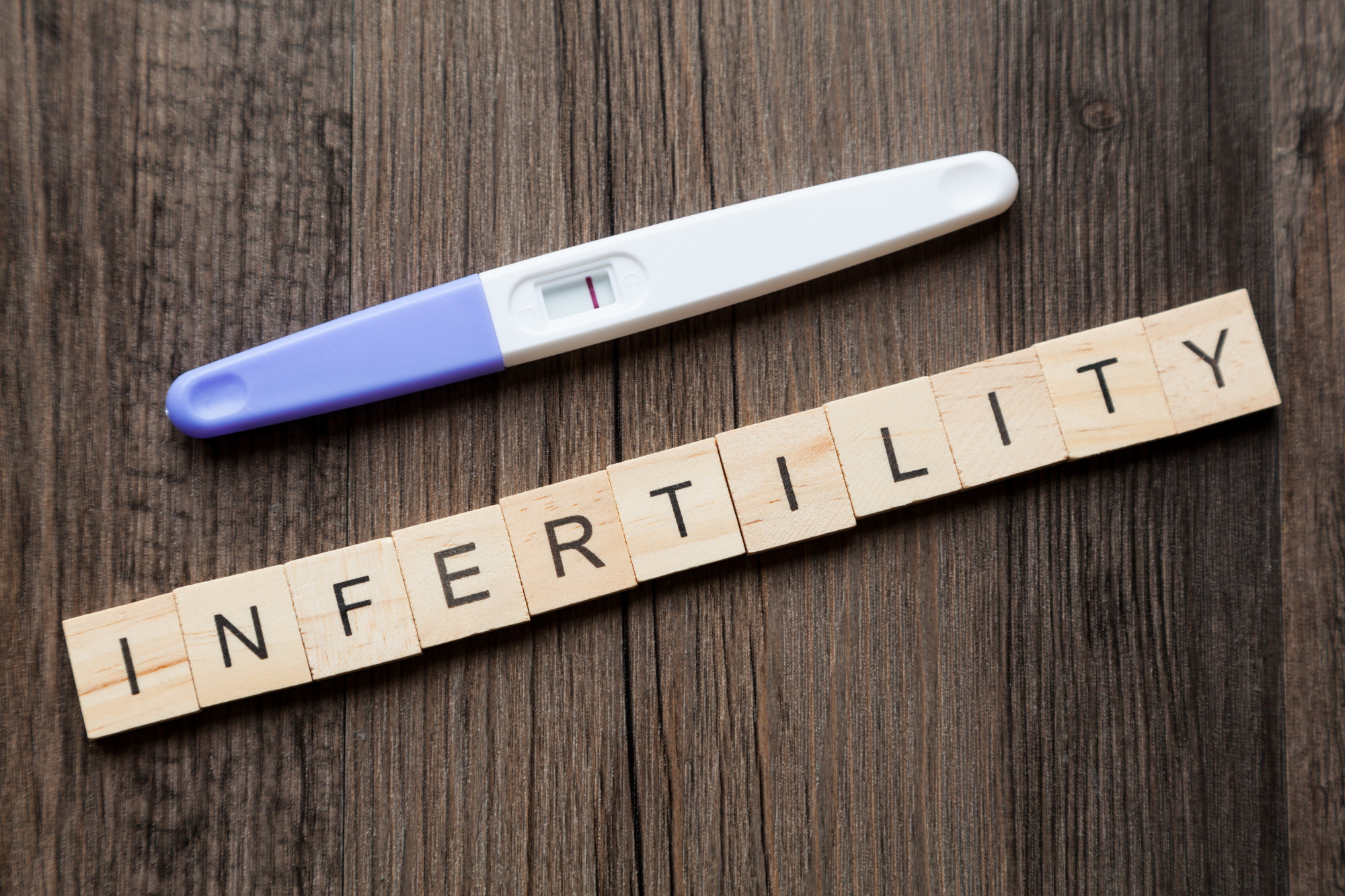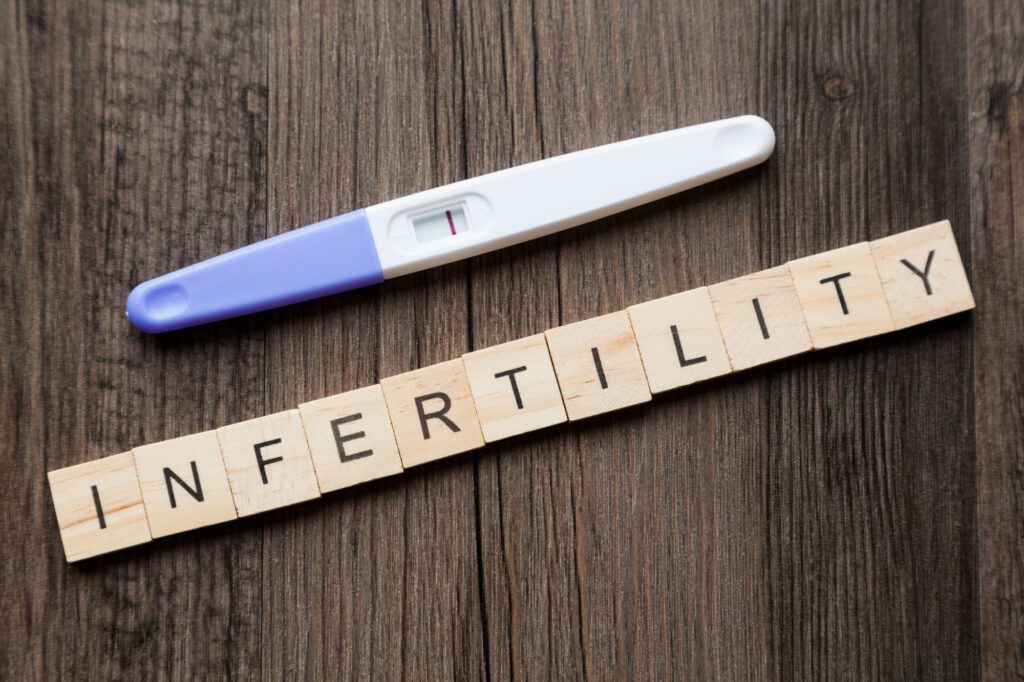
Rates of infertility are rising at an alarming rate per year. In fact, it’s rising about 1% per year among both men and women. That’s a statistic that almost sounds apocalyptic.
Considering that 20 countries now have a negative birth rate, fertility issues have become a serious world issue. If we don’t address the rising infertility rates and declining birth rates, populations will decrease and societies will become unsustainable.

One way to combat this issue is to be on the lookout for fertility challenges. To find out more about the signs of infertility, keep reading below.
Dyspareunia
Dyspareunia is the medical term for pain during sex. It may be due to medical reasons, psychological reasons, or both. Although it’s more commonly associated with women, men can experience it as well.
It can affect any part of a woman’s genitalia, including the vulva, the vagina, or the general surface area. Medical conditions that affect fertility, like endometriosis, can cause dyspareunia. That’s why this symptom is a red flag.
Changes in Hormone Levels
Hormone fluctuations are natural — during puberty they swell, while the aging process causes hormones to decrease over time. However, a hormonal imbalance may be a sign of infertility. The symptoms of hormone fluctuations include weight increase, skin problems, thinning hair, excessive hair, and decreased sex drive.
Hormones affect fertility in so many ways. The most well-known hormones are estrogen, progesterone, and testosterone. However, thyroid hormones, anti-mullerian hormones, follicle-stimulating hormones, luteinizing hormones, and prolactin affect fertility as well.
Lack of a Menstrual Cycle
Every once in a while, women will miss a menstrual cycle. It may be due to weight gain, stress, excessive exercise, or rapid weight loss. However, if a menstrual cycle has been absent for months, it’s time to see a medical professional.
Medically, this is known as amenorrhea. It can be due to genetics or a hormone condition.
Irregular Menstrual Cycle
Another sign of infertility is an irregular menstrual cycle. Although the average cycle is 28 days long, this is not the same for everyone. Some women might have a small amount of variance from cycle to cycle.
A woman who struggles to track her period due to extreme variance in her cycle should see a fertility specialist. This is often a sign of hormonal issues that can cause infertility in women.
Painful Cramps and Heavy Bleeding
We all know that menstruation is not a walk in the park. For many women, the beginning of their cycle is uncomfortable and painful. However, it should not be severe pain.
Blinding pain that inhibits daily function is usually a sign of a bigger medical problem, like endometriosis or fibroids.
What to Do After Signs of Infertility
Signs of infertility are becoming more and more common. Although feelings of shame often accompany fertility issues, there is no reason to suffer it alone. Statistics show that reproductive difficulties are far from rare.
For infertility treatment and professional medical support, contact our medical staff at Women’s Health Associates today.

